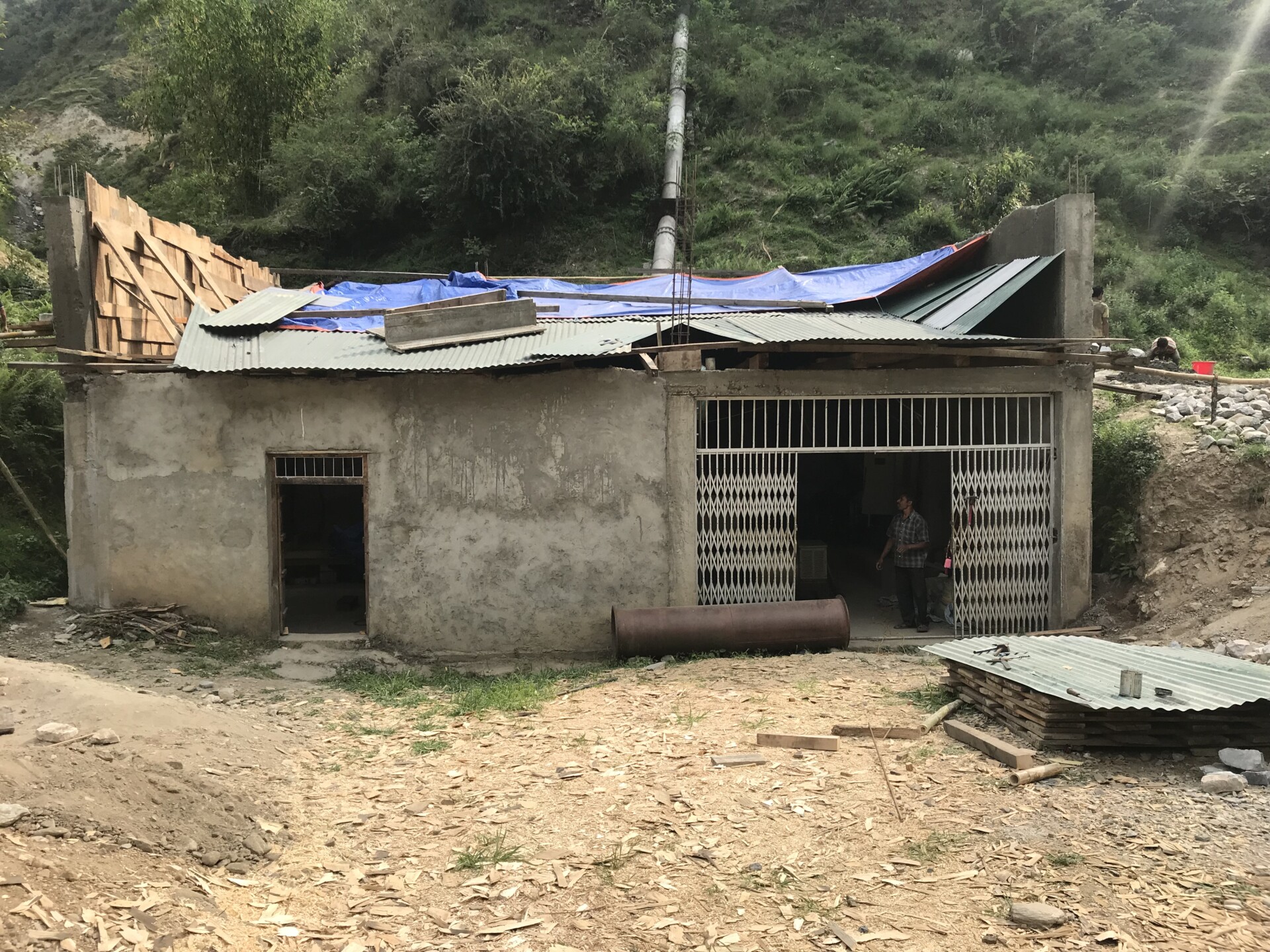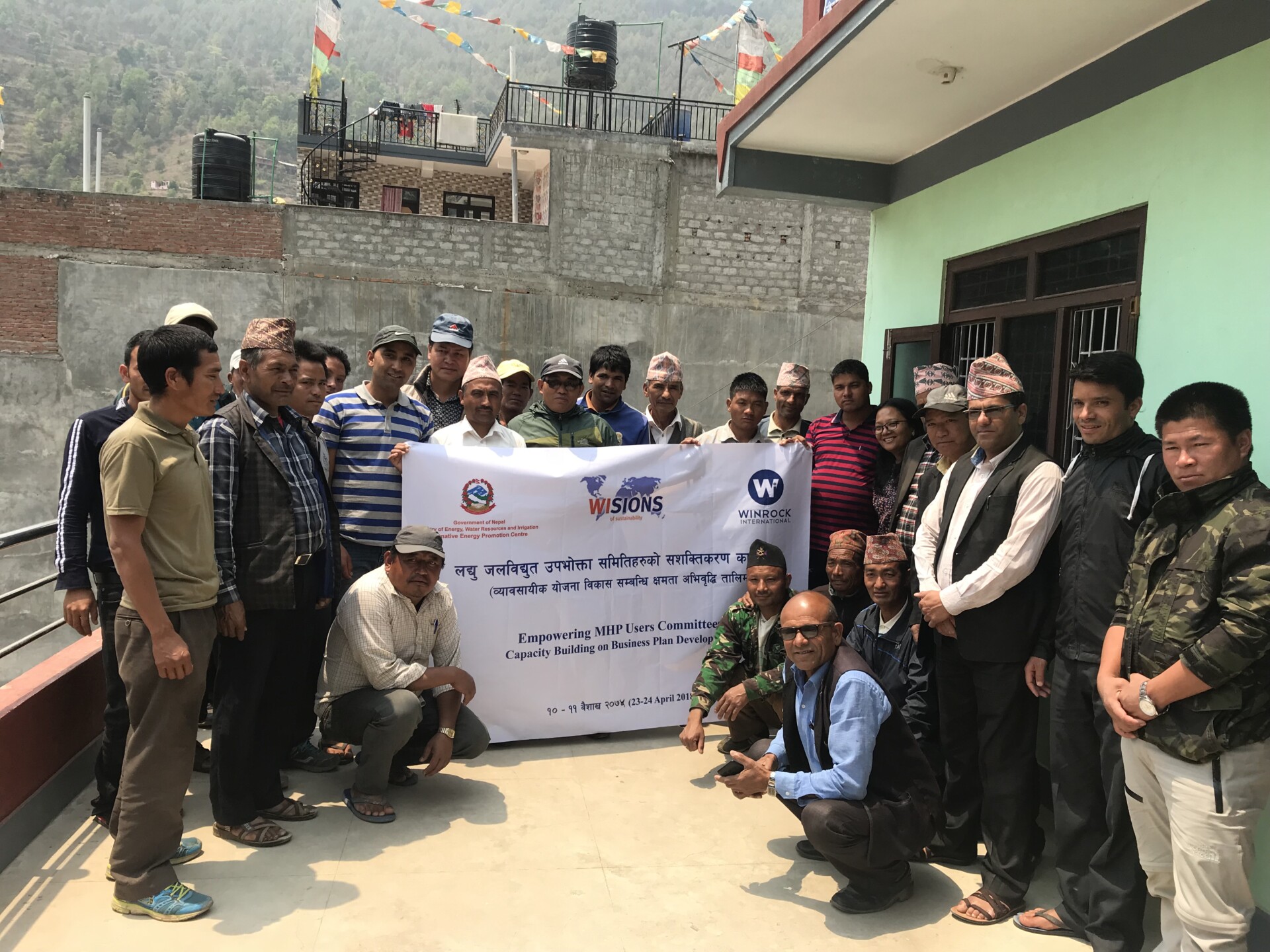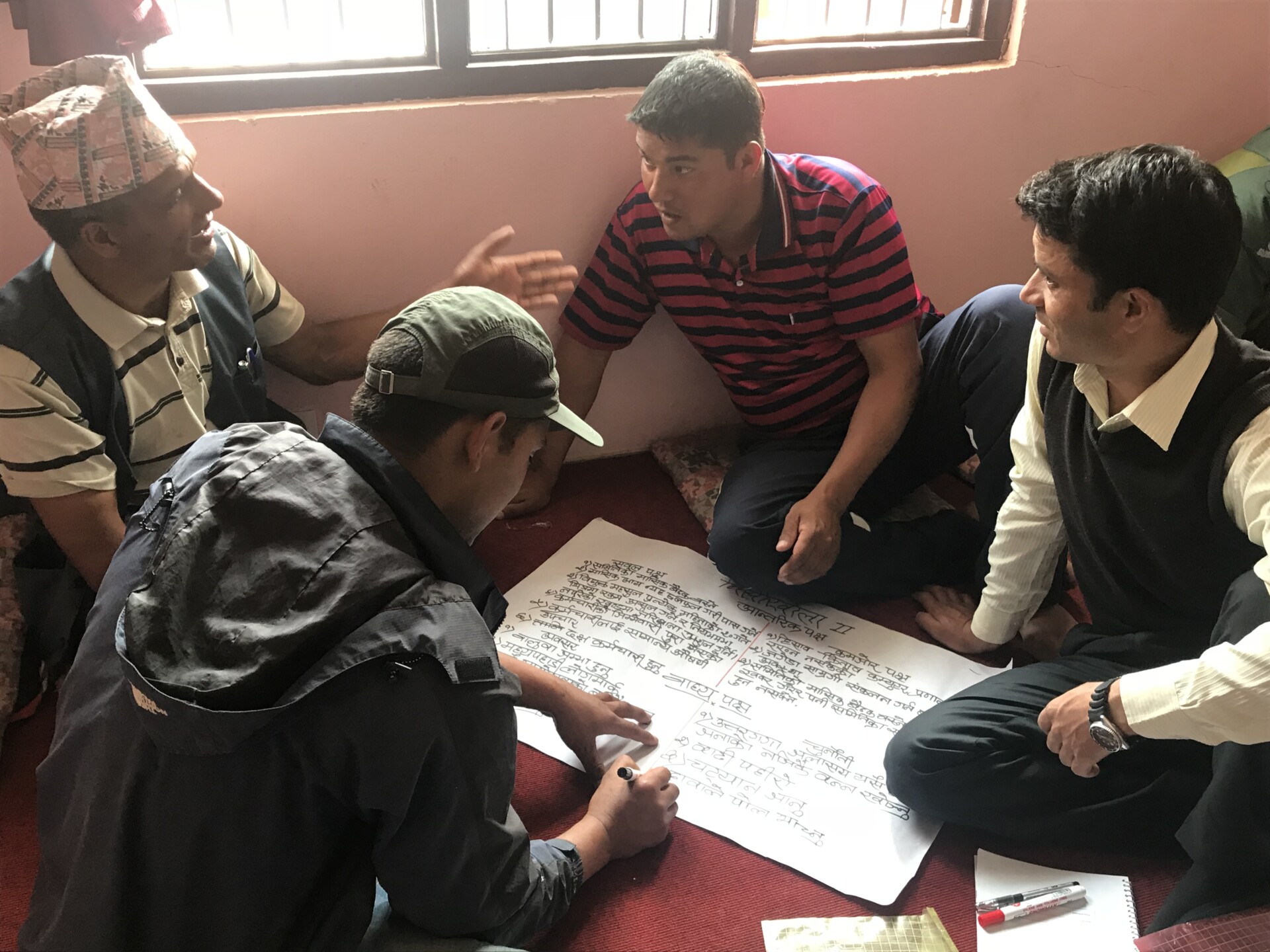To empower local management committees to develop their MHPs into sustainable and profitable businesses
Micro-hydro power generation was already widespread in Nepal before the start of the project. Nevertheless, problems such as poor management, a lack of technical know-how and poor financial performance were preventing community micro-hydropower plants from having a lasting impact on the population's living standards.
CHALLENGE & EXCHANGE OBJECTIVE(S)
Many MHPs in Nepal fall short of their potential to make lasting impacts on people's livelihoods because they do not generate enough revenue to cover their operation and maintenance costs. Consequently, the MHPs close for indefinite periods for repairs and fail to provide a reliable electricity supply.
The objective of this exchange was to use knowledge-sharing and capacity-building to empower local management committees to transform their loss-making social enterprises into sustainable and profitable businesses. By enhancing the managerial capacity and awareness of MHP managers, the aim was to ensure the sustainable commercial operation of this technology. To achieve this, a knowledge exchange platform was created for MHP managers to share best practice and overcome practical barriers to the commercial development and use of MHPs.
Furthermore, this project sought to contribute to government initiatives aimed at exploiting MHPs as commercial enterprises.

PARTICIPANTS & TARGET GROUP(S)
In cooperation with the Nepalese Government’s Alternative Energy Promotion Centre (AEPC)/Renewable Energy for Rural Livelihood (RERL), Winrock International arranged for successful MHPs to share best practice with five financially and managerially weak MHPs in the Baglung and Gulmi districts of Nepal.
ACTIVITIES & PROJECT PHASES
The knowledge exchange activities were carried out in the following phases:
(1) A baseline study to identify the five MHPs to participate in the knowledge exchange activity.
(2) A stakeholder survey based on agreed key performance indicators to establish criteria for successful MHP operation.
(3) A series of knowledge exchange and capacity-building workshops focusing on key managerial aspects, each involving around 30 participants. Some of these workshops were: Knowledge-Sharing between Micro-Hydropower Users Committee (December 2017); Capacity-Building on Accounting, Management and Business Models (February 2018); Training on Business Plan Development (April 2018); Training on Computer-Based Account Management (May 2018).
(4) Ongoing mentoring, relationship-building and monitoring to encourage the adoption of knowledge gained from the workshops (June 2018).
(5) National Sharing Workshop involving participants representing the private sector, associations, financial institutions, NGOs, micro-hydro developers and development partners (June 2018).
(6) Knowledge product development through the creation of two success stories and a video documentary to showcase the best practices adopted by MHPs following the knowledge-sharing workshops.

RESULTS & IMPACTS
A number of impacts were identified during the project. First, there were significant improvements in the management of the five MHPs, leading to the provision of a reliable power supply. Furthermore, a tangible increase in revenue generation and profit: electricity sales grew by up to 40%. There was also evidence of greater satisfaction among beneficiaries and better ownership by stakeholders. As a result of the project, additional households and enterprises became connected, and there is an increase in productive end uses.
Finally, there are clear community benefits, such as streetlighting and the provision of excess electricity to poor households.

LESSONS LEARNED
As improvement is a continuous process, there is huge potential for the Nepalese Government to work with development partners to improve the management of MHPs in order to increase the reliability of electricity provision and to secure the sustainability of these important assets.
Through this project it became evident that knowledge exchange and networks are key to empowering local practitioners. Moreover, working at community level has been shown to lead to sustained, high-impact results.
Nevertheless, in isolation, government subsidies to establish MHPs and provide managerial/technical training do not ensure successful and sustainable operation. It is relevant to bear in mind that local contexts can negatively influence a project’s success. Challenges included heavy rainfall causing landslides and plant shutdowns; delays due to management committee members’ involvement in local elections; variation in the educational level of managers; and political interference in the selection of staff.
Following the completion of this project, further efforts should focus on similar knowledge exchange programmes for the remaining 2,000 MHPs across Nepal.
You can find the detailed case study for download at the top of the page!
Project Summary SN_013

Projects with same technology
Micro Hydropower for the rural population in Cameroon
Integrating Watershed Development and Conservation in the Ancestral Forests of Ulu Papar
In this project, Green Empowerment and Tonibung seek to improve the socioeconomic and environmental well being of the villages of Pongobonon, Lokogungan and Kalangaan in Malaysia.
Projects in same country
Gasification based Electrification for Rural Livelihoods and Energy in Nepal
Exchange: Knowledge and Advocacy for Productive End Use of Micro Hydro Projects
This exchange activity aims to contribute to the sustainability of micro hydro plants in Southern and Southeast Asia by increasing the load factors and financial bases through the implementation of proven best practices for productive end uses.